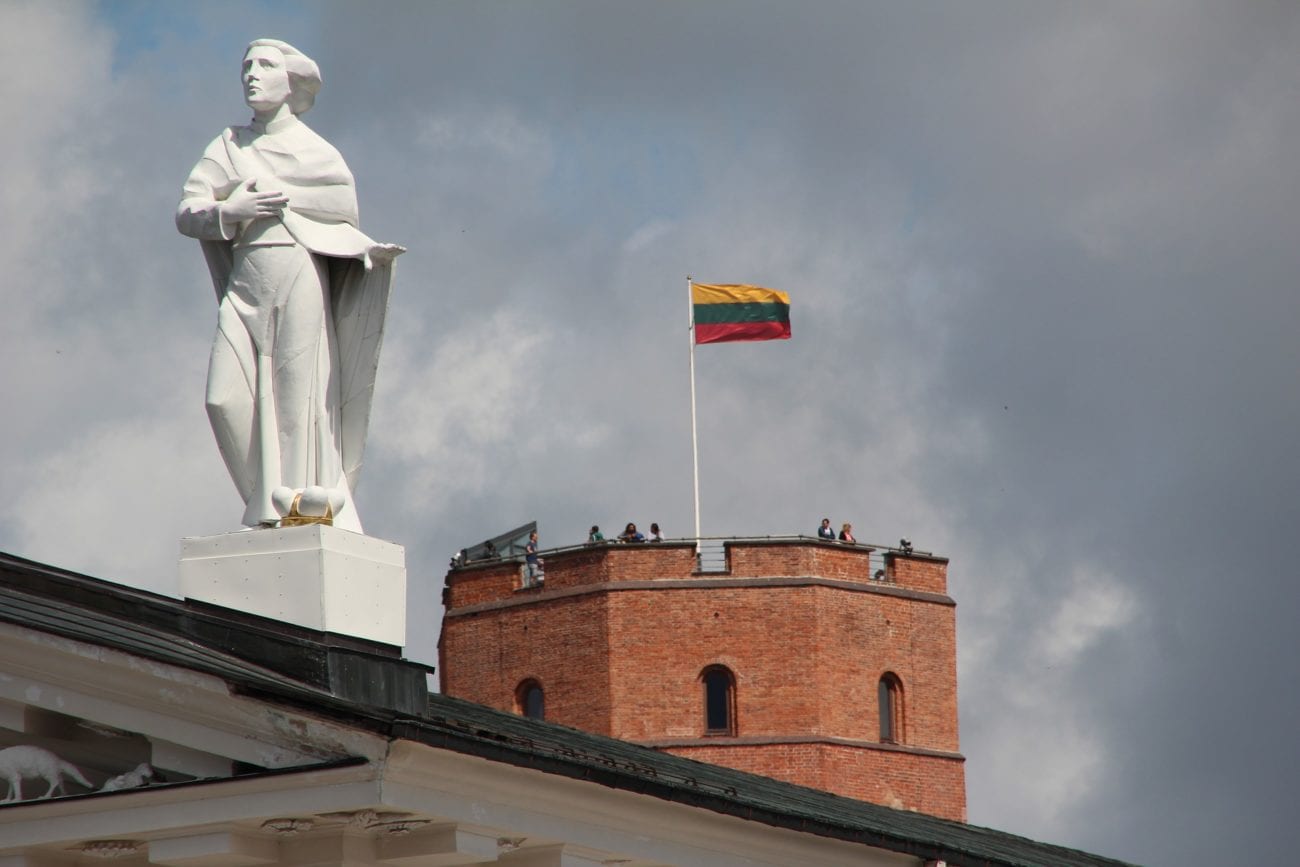
The Lithuanian Gambling Supervisory Authority has issued Top Sport a fine of €25,000 (£21,552/$26,743) for allowing underage individuals to enter one of its slot salons.
An investigation led by the Authority found that three people, at least one of which was a minor, were able to enter the facility and remained inside for more than two hours.
The Authority said Top Sport did not take any measures to remove the three people from its premises. As such, this was deemed a breach of Article 10, Part 10 of the Lithuanian Law on Gambling in relation to underage gambling rules.
Top Sport also failed to identify any of the three individuals when they entered the gambling facility.
The Authority said this was in breach of Article 20, Part 10 of the Law on Gambling, which requires licensees to check all customers upon entrance to a slot salon or similar venue.
Finally, the Authority flagged a breach of Article 101, Part 1 of the Law on Gambling, which relates to placing warnings notices about the dangers and potential risks of gambling.
Top Sport, the regulator said, failed to have such signage in place inside the slot salon in question, and therefore did not comply with this requirement.
The Authority noted that the decision is not final and could be subject to appeal.
Other fines
This marks the latest regulatory breach by Top Sport. In April, Top Sport was fined €15,000 for breaching regulations over remote gaming.
A Top Sport player used a payment card belonging to another person to deposit €14,965 into his account with the operator.
Lithuanian law states that licensed operators may only accept non-cash deposits from the account of the registered customer and not from third parties.
In February, Top Sport was fined €25,000 after it was found to have breached rules regarded promotions.
Top Sport emailed its customers on 31 August last year with links to and details of its gambling services. This included information about its mobile apps and website.
The Authority said that by informing customers about its offering, this was classed as a form of promotion, and therefore the operator breached national law.